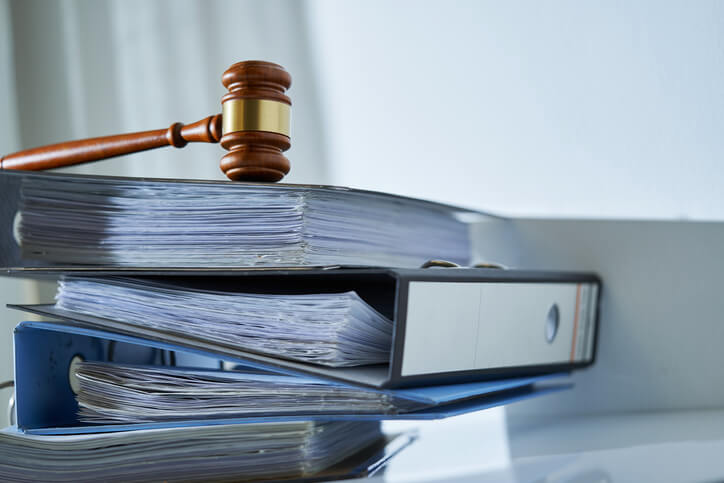
Commerce depends on agreements forged with a shared understanding of rights and responsibilities. But even the best-laid plans can go awry. Disagreements often arise and sometimes become legal disputes. Commercial litigation, a broad term encompassing disputes between businesses or business and individuals, can prove costly and time-consuming.
Here are some of the most common causes of action in commercial litigation:
- Breach of contract — Contracts provide the foundation of many business relationships, outlining the expectations and obligations of each party. A breach occurs when a party fails to fulfill their contractual promises. This could involve missed deadlines, undelivered goods or services not rendered as agreed. Ambiguous contract language can further muddy the waters, leading to disputes about interpretation and intent. Businesses can mitigate this risk by having contracts reviewed by qualified legal counsel before signing.
- Intellectual property infringement — In today’s information economy, intellectual property (IP) like trademarks, patents, copyrights and trade secrets holds immense value. Businesses invest heavily in developing unique products, ideas and branding. When another party uses these assets without permission, it amounts to infringement. This can involve everything from copying a patented design to using a competitor’s copyrighted logo. Litigation may be necessary to protect IP rights and deter future infringement.
- Employment disputes — The employer-employee relationship provides fertile ground for legal conflicts. Employees may sue for discrimination, wrongful termination, wage and hour violations or unsafe working conditions. Businesses, on the other hand, might have grievances regarding employee theft, breach of non-compete agreements or harassment of colleagues.
- Shareholder/partnership disputes — Businesses with multiple owners, whether shareholders or partners, can face internal conflicts that escalate to litigation. Disagreements over company direction, financial decisions or management style can create a volatile situation. Disputes surrounding profit sharing, dilution of ownership interests or breach of fiduciary duty can also lead to lawsuits. Having clear operating agreements or shareholder buy-sell provisions in place can help prevent some of these issues.
- Business torts — Torts are civil wrongs that cause harm to another party. In a business context, this could involve negligence leading to property damage or personal injury. Another type of tort occurs when a person or company interferes with another’s contracts or business relationships. Lawsuits can seek damages for all resulting losses.
- Business fraud — When one party deceives another for personal gain within a business context, it may constitute fraud. This can involve misrepresenting financial statements, concealing material facts during negotiations or engaging in deceptive schemes. Fraudulent activities can have severe financial repercussions.
- Government regulation — Businesses operate within a framework of federal, state and local regulations. Failure to comply can trigger government sanctions and potential lawsuits. Issues like environmental violations, antitrust concerns or allegedly deceptive marketing practices can all lead to legal action by regulatory bodies or aggrieved parties.
Business litigation can be a complex and stressful undertaking. If you find your business facing a legal dispute, an experienced commercial litigation attorney can help you understand your rights and work towards a favorable resolution.
Schwartz Law Group, LLC represents clients in state and federal courts throughout the Chicago metropolitan area, including all surrounding cities in Cook, DuPage and Lake counties. Call today at 312-436-1442 or contact us online to schedule a consultation.
